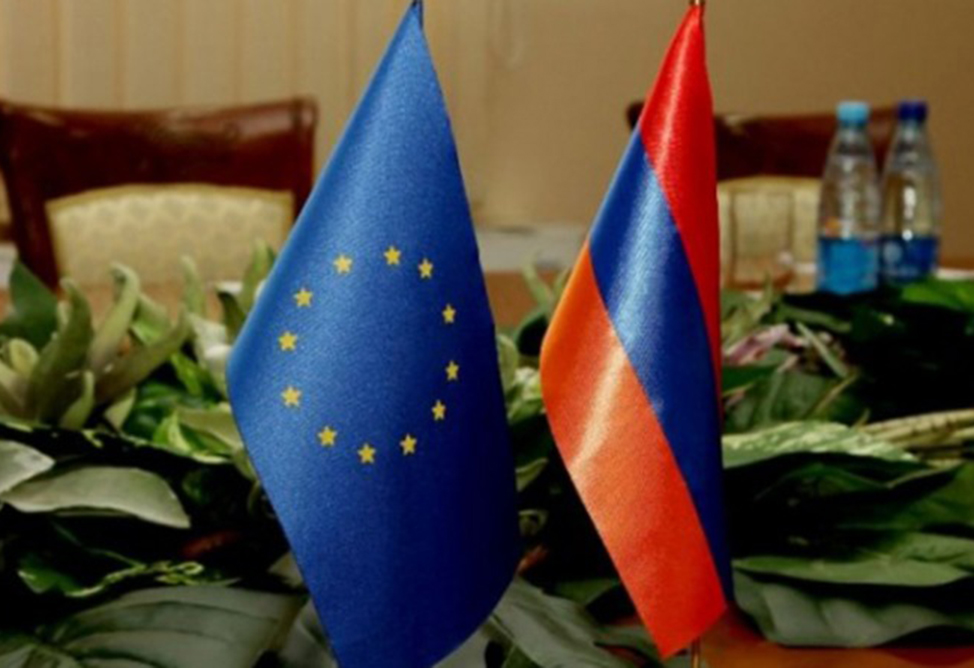Central Bank warns against speculative currency trading
09.12.2014,
18:56
Armenia’s Central Bank chairman Artur Javadyan has called today on financial market players to refrain from speculative currency trading given the existing tensions in the financial market and to wait for the situation to stabilize.

YEREVAN, December 9. / ARKA /. Armenia’s Central Bank chairman Artur Javadyan has called today on financial market players to refrain from speculative currency trading given the existing tensions in the financial market and to wait for the situation to stabilize.
The Armenian currency has been down since late November when the greenback traded at 415 drams. Today one USD was trading at 455.08 drams.
Speaking at a news conference Javadyan argued that the tension in the financial market will not last long, ‘because the government’s macroeconomic policy is well-thought and all indicators, especially those regarding inflation, budget deficit, external reserves, external debt and the banking system are stable and manageable.”
He blamed the ongoing devaluation of the national currency on a number of factors, such as global economic development, in the first place the impact of growth in the United States that has increased the value of US dollar against the currencies of developing and developed countries.
"Along with the recovering US economy the Federal Reserve System has ceased its program of quantitative expansion that was used to make about $85 billion liquidity a month through the purchase of government securities. This contributed to expectations of further increase in interest rates in the US attracting capital flows from developing countries. As a result, major developing countries recorded a slowdown in economic growth and the devaluation of their currencies," he said.
The second factor, according to Javadyan are regional development, the impact of which in the CIS countries was multiplied by geopolitical problems and the fall in oil prices.
"These two factors have led to a sharp reduction in economic growth in Russia and the devaluation of its ruble. This in turn increased the pressure across the CIS region, reflected in the reduction of dollar inflows from exports and remittances,” he explained.
The third factor, according to Javadyan, are internal developments. He said Armenia is not able to avoid external factors: The impact of external pressure made local companies and individuals to buy hard foreign currency.
He recalled that the Central Bank warned in a statement against speculative currency trading because it contain serious risks that non-professionals, including ordinary citizens are unable to assess properly.
On December 8 the Central Bank announced that it will be selling a limited amount of hard currency until the end of the year via daily currency auctions in order to stabilize the situation in the financial market. To ensure transparency of the auctions the Central Bank will publish daily information on their results.
‘In order to reduce the impact of the Central Bank on the formation of the dram’s exchange rate, the daily amounts of to- be- auctioned hard currency will be gradually reduced until the formation of a balanced exchange rate of the dram,’ the regulator says in a statement.-0-



